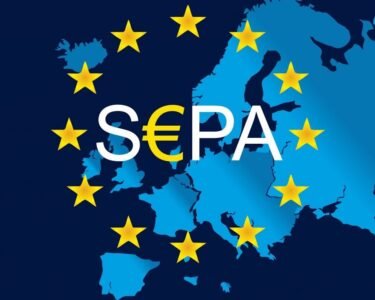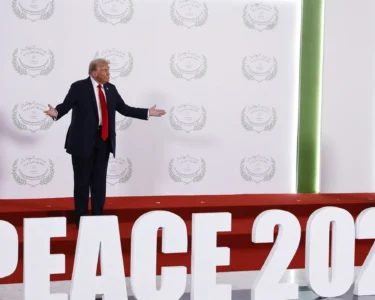by Renato Caputo*
From January to July this year, Ukraine concluded bilateral agreements on security cooperation with 23 North Atlantic Treaty Organization (NATO) member states. Designed by NATO member states with a common outline, these agreements-which will still operate outside the alliance framework-implicitly recognize NATO's vital participation in the survival of the Ukrainian state.
Japan and the European Union also concluded two additional bilateral security agreements with Ukraine, bringing the total to twenty-five. Several additional agreements are on the way. The U.S.-Ukraine security agreement is the flagship among these bilateral agreements. All provide for large-scale military assistance and economic support related to national security to Ukraine for a period of ten years, effective immediately.
However, these agreements, unlike treaties, are non-binding on the signatories. The agreements provide "commitments" (In some cases, "intentions") to provide Ukraine with security and related assistance. The offers of assistance are potentially large, but they do not entail the certainty and reliability of treaty-based security guarantees.
The network of bilateral agreements was officially introduced during NATO's 75th anniversary summit in Washington on July 11. The alliance did not provide an institutional framework but only a framework for popularizing this initiative. On that occasion, all 25 signatories to the bilateral agreements, as well as Ukraine, also approved a joint declaratory document called "The Ukraine Compact". The pact proclaims a shared political commitment to "support Ukraine's immediate defense and security needs and to deter aggression against Ukraine in the future as part of its bridge to NATO membership." The adherents stress "that Ukraine's security is an integral part of the security of the Euro-Atlantic region and beyond and that we intend to support Ukraine until it prevails against Russia's aggression."
The launch event was held on the sidelines of the NATO summit, not as an integral part of the event. The Ukrainian pact and bilateral agreements are not included among NATO documents.
The pact itself "approved" (ed. Approval is a different thing from signing) is a political statement of principle with no specific obligations. Symbolically crowning such a network of bilateral agreements, the pact does not provide any mechanism for consultation or coordination among the signatory countries. Such mechanisms remain purely bilateral, regulated by each signatory country and Kyiv within the framework of the separate agreements signed.
These cautions stress, first, that the pact and bilateral agreements clearly remain outside the NATO framework; second, that the joint document does not provide a basis for joint actions by the signatories to the bilateral agreements with Ukraine; and third, that the agreements themselves or their sum total are not institutionalized and do not constitute an alliance, but potentially a coalition of states willing to defend Ukraine. Kyiv and NATO member states insist that the bilateral agreements and the multilateral pact should not be interpreted as substitutes for NATO's accession to Ukraine, nor as consolation prizes for the further postponement of that accession. Rather, the parties present them as a transitional solution.
As a positive notation, we can point out that the bilateral security commitments to Ukraine do not require Kyiv to choose neutrality or nonalignment in return. Their entry into force is not contingent on any compromise between Ukraine and Russia. Moreover, as a transformative element of European security, these commitments exclude Russia for the first time from security agreements or conflict resolution frameworks concerning Ukraine.
Moscow will undoubtedly aim to reduce these Western commitments to Ukraine. The Kremlin will demand their abrogation as part of any political agreement between Ukraine and Russia or any European security negotiations. One can only hope that the Kremlin's demands will be rejected at the sender.
*Prof.Renato Caputo.University lecturer in International Law and Security Regulations (IUS/13), is a member of the Madrid College of Lawyers. He is a member of the Board of Directors of the Global Policy Institute in Washington (USA) and a member of the Advisory Board of the European Intelligence Academy in Athens (Greece).





